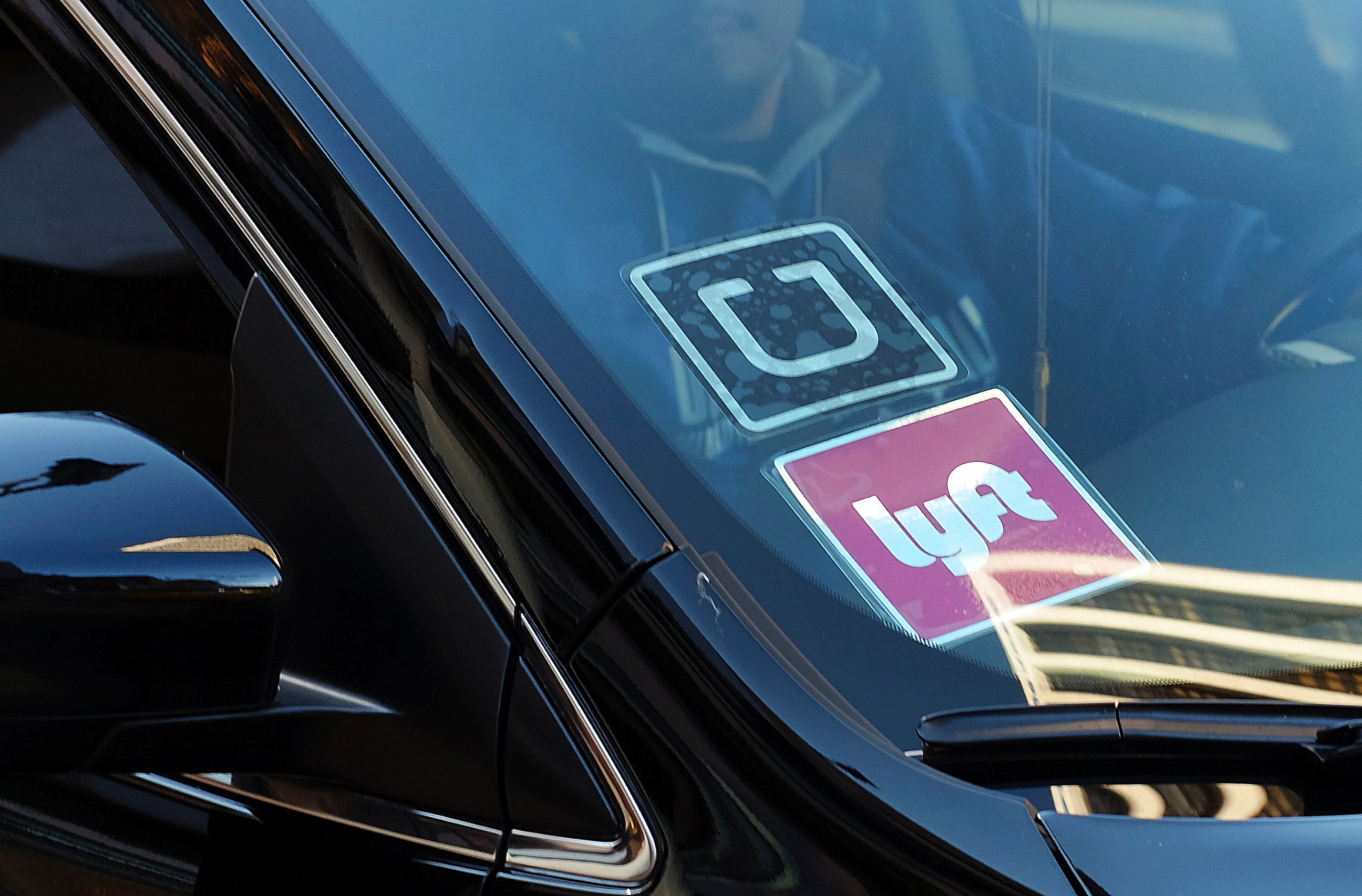Lyft announces policy changes after women sue over alleged sexual assault by drivers
Fourteen woman sued the company saying not enough was done to protect them.
Lyft has announced changes in its safety policies following a lawsuit filed by 14 women saying that the company did not do enough to protect them from sexual assault by drivers.
The lawsuit, filed in San Francisco Superior Court, alleged that Lyft allowed known sexual predators to work as drivers, as well as concealed complaints of sexual assault and adopted policies designed to silence victims.
One of the plaintiffs, named Kim, said in a press conference last week she was assaulted after celebrating her 25th birthday in Salt Lake City in December 2018. While the driver was later convicted of misdemeanor battery, Kim said Lyft declined to say whether he was barred from Lyft's platform and claimed that police told her the driver continued to work for Lyft while the criminal case against him was pending.
Mary Winfield, Lyft's head of Trust & Safety, noted in a statement to ABC News when the lawsuits were filed that Lyft is "committed to providing safe transportation."
“What the victims describe is terrifying and has no place in the Lyft community," she said of the allegations made in the lawsuit. "One in six women will face some form of sexual violence in their lives — behavior that’s unacceptable for our society and on our platform."
The company said it would begin offering sexual harassment prevention training available to riders and drivers. Lyft also screens all driver applicants for criminal offenses and does an annual criminal background check, as well as adding recent measures to prevent drivers from providing a fraudulent identity.
The company also said it bans drivers for harassment and violence.
"As a platform committed to providing safe transportation, we hold ourselves to a higher standard by designing products and policies to keep out bad actors, make riders and drivers feel safe, and react quickly if and when an incident does occur," Winfield said. "Our commitment is stronger than ever, as we dedicate more resources in our continued effort to ensure our riders and drivers have the safest possible experience."
The company is now expanding its Community Safety Program "to bring riders and drivers greater protection and peace of mind," Lyft President and Co-founder John Zimmer said in a statement.

The initiatives will include a way to better predict if someone needs help, providing easier access to emergency assistance and requiring sexual violence prevention education to drivers, the statement said.
Later this year, users will start to receive notices checking in on them during and after the ride, asking if they need support or emergency assistance, according to the company. Riders will also be able to access 911 from the app.
In addition, the company will partner with the Rape, Abuse & Incest National Network to ensure it is effective at educating its community "to protect against bad actors." It will also require drivers to complete mandatory community safety education, and anyone reported for violating them will be removed from the platform or required to complete additional courses.
"Safety is the cornerstone of all healthy communities, and it’s one of the key values Lyft was founded on," Zimmer said. "We don’t take lightly any instances where someone’s safety is compromised, especially in the rideshare industry, including the allegations of assault in the news last week."
In February, Lyft formed its Community Safety Program, which includes increased anti-fraud measures and requiring detailed feedback for any rides rated less than four stars.
Existing safety features the company has in place include continuous criminal monitoring, which are daily screenings for drivers that quickly notify the company for criminal convictions, license and photo verification, route location sharing, two-way ratings and anti-fraud measures, according to the company.
One in five Lyft employees are involved in work that advances the company's commitment to safety, Zimmer said.
ABC News' Edith Honan contributed to this report.




